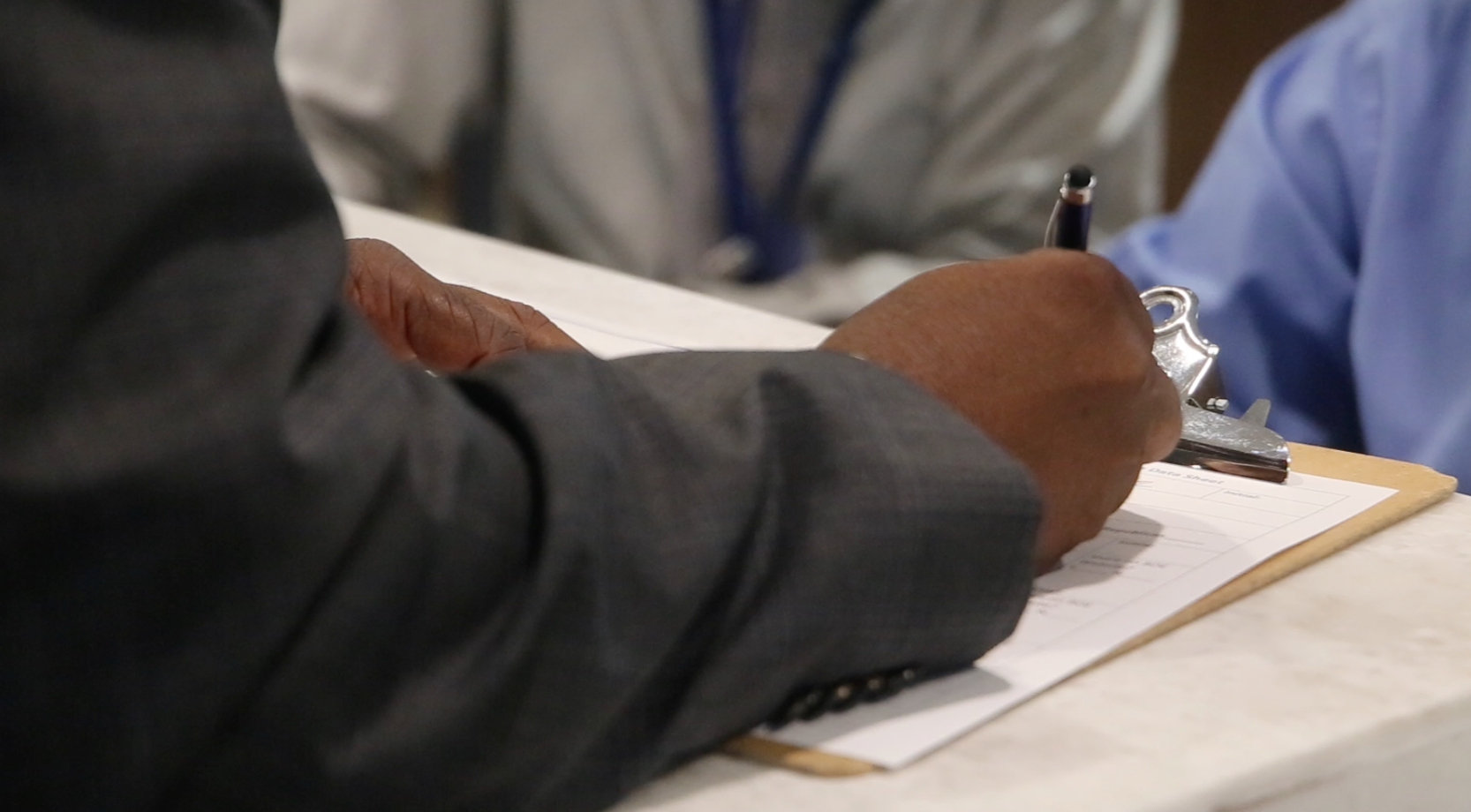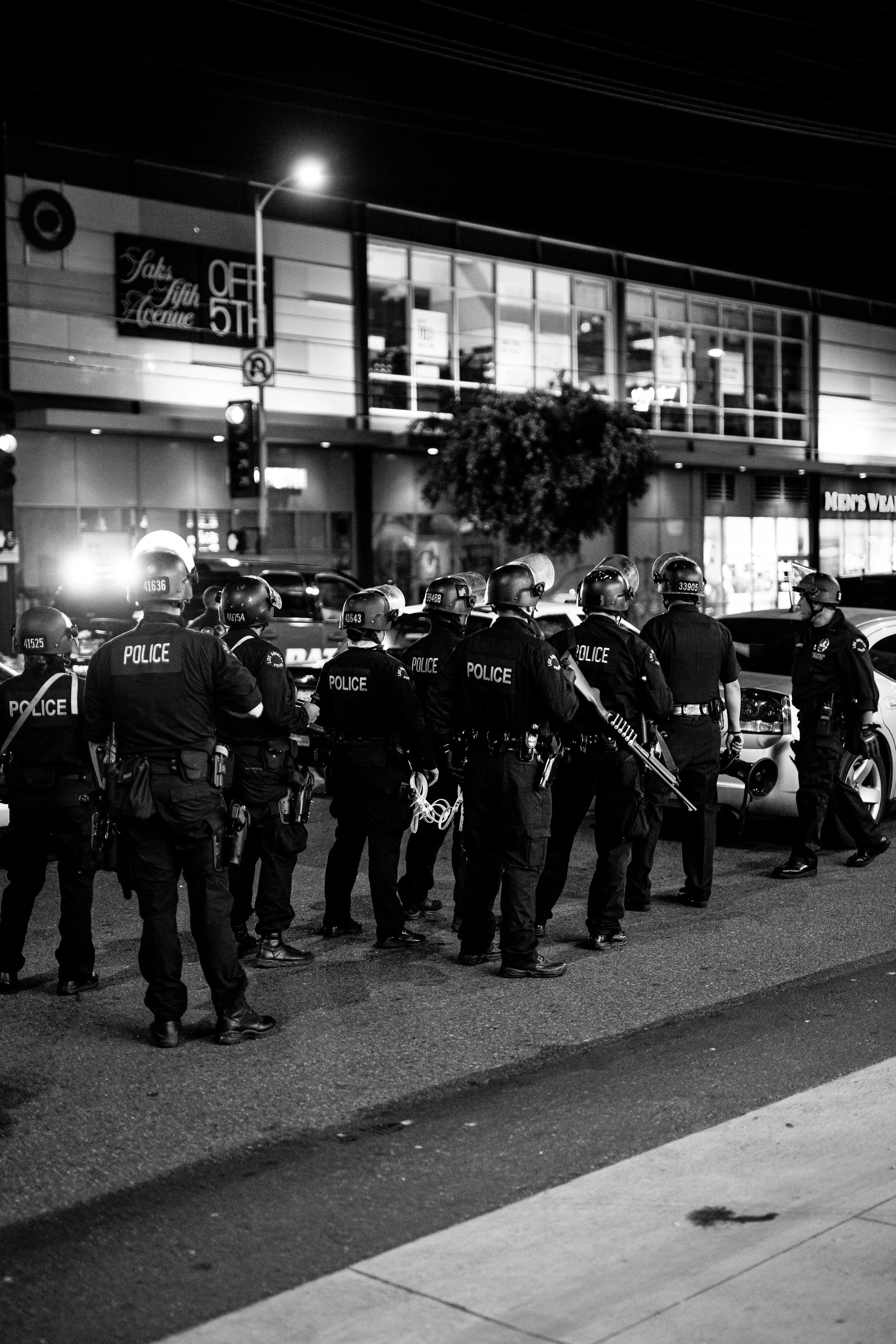
Important Issues & Priorities
I have been serving Charlotte in the public and private sector for over 30 years, and my goal in that service has always been simple — to make Charlotte a better place for all residents to live, work, and play. Throughout my career, several key issues and priorities have emerged — fueled by many conversations with constituents as well as events that have happened to me personally.
All of these issues are interconnected — and all need to be prioritized when it comes to strengthening our city as a whole:

Community Development & Revitalization
One of the tightest needles to thread in our city is the balance between the development and revitalization of our communities — and gentrification.
That delicate balance between progress (and much-needed revenue) in a neighborhood while ensuring long-time residents don’t get displaced is something that can be struck, and it comes down to making sure those who live in those communities are part of the conversation and the progress — not an afterthought.
One of the projects I’m currently working on with the Charlotte City Council is the Corridors of Opportunity program. I helped to secure $24.5 million in funding for this program, which seeks to address gaps in infrastructure, workforce, transportation, housing and code enforcement, business development, public safety, and urban design. The project is currently underway with six of the city’s under-invested corridors — one of them being in my district (Beatties Ford Road & West Boulevard).
The goal of the program is to identify and fund projects that need a little bit of financial assistance — or other resources — to become reality. The initiative is not limited to real estate projects, either — investments might include increasing public wi-fi access or improved sidewalks. Many who are at the helm of these investments are people who live in the community. These investors have a pride of place, and they understand what’s at stake when it comes to the history, opportunities, and challenges our communities have.
I’m focused on making sure that as our corridors receive these investments, they don’t displace the community residents who have built their lives here. I’ve had discussions with community leaders and institutions, brainstorming and coming up with solid plans to stop the negative impacts of gentrification.

Public Safety & Police Reform
When George Floyd was shot and killed by Minneapolis police officer Derek Chauvin in May, it triggered worldwide protest — one of them being here in Charlotte. A peaceful protest turned violent and destructive — and over 200 protesters were attacked with tear gas by Charlotte-Mecklenburg Police Department.
As part of the City Council, I’ve worked with city leaders to adopt a framework in recent months that will overhaul the CMPD and introduce new violence prevention strategies. This includes rerouting certain responsibilities — and budget allocations — from CMPD into more community-based programs that are already working hard to tackle the systemic issues that lead to violent crime.
This framework does not mean our work is done. More progress is needed, but a framework is a good start and a way to keep us accountable for hitting milestones in our efforts to make sure that police are held accountable and our communities can stay safe.

Affordable Housing
A big part of community development — if not the most important part — is making sure that all Charlotteans have a comfortable and affordable place to lay their head at night. At the same time, we know that our city is one of the fastest-growing in the United States, and the cost in renting or owning a home has skyrocketed. Throw in the challenges related to COVID-19, and there’s no doubt that affordable housing needs to be a priority in Charlotte.
I was asked by Mayor Vi Lyles to coordinate the COVID-19 Housing Task Force Committee this spring, and we’ve been examining a wide variety of housing issues as they relate to the pandemic — from homelessness to home ownership. COVID-19 did not create the housing crisis, but it certainly impacted it — and the task force is taking a proactive approach to identify what’s happening right now and what will happen in the future.

Racism & Racial Justice
Racism is something that’s always been part of my life — and if I had more time, I could tell you countless stories of my own experiences — just like any Black person or person of color could. However, it wasn’t until my sister Cynthia Graham Hurd and eight others were senselessly and violently murdered that I started to really speak out against racism. It’s a public health crisis, and it needs to be treated like it.
2020 marks over five years without Cynthia. She would have celebrated her 60th birthday in June. My life — and my family’s life — was forever changed by her death. Right away, I knew that Cynthia would not want me to concentrate on the way she died. She’d want me to continue to do the work and honor the way she lived.
So, that’s what I’ve been doing. In the years since Cynthia’s death, I’ve used my grief as a tool, speaking out nationally about gun violence and racism. In addition, I founded the Cynthia Graham Hurd Foundation for Reading & Civic Engagement, determined to ensure that positivity and action would come out of Cynthia’s death.

